When it comes to upgrading your bathroom, choosing the right tile for your shower is crucial. Ceramic and porcelain tiles are two popular options, each with its own set of pros and cons. In this article, we will delve into the differences between ceramic tile and porcelain tile in showers and provide you with valuable insights to help you make an informed decision. 1. Durability: One of the primary considerations when selecting shower tiles is durability. Porcelain tiles are renowned for their exceptional strength and durability, making them an excellent choice for high-traffic areas like showers. Porcelain’s dense composition allows it to resist water absorption, reducing the risk of cracks and stains. On the other hand, while ceramic tiles are also resilient, they are more prone to chipping and cracking if not properly maintained.
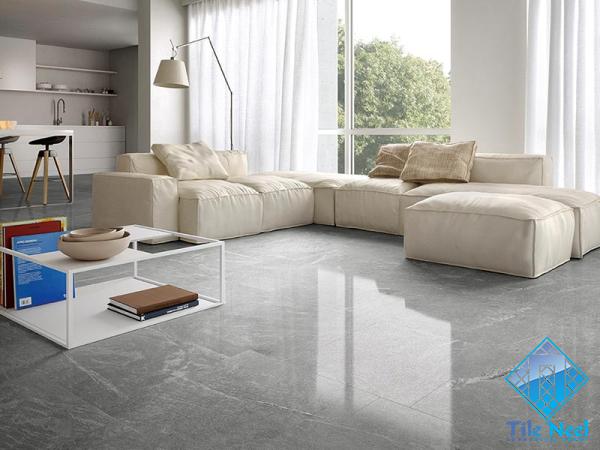
.
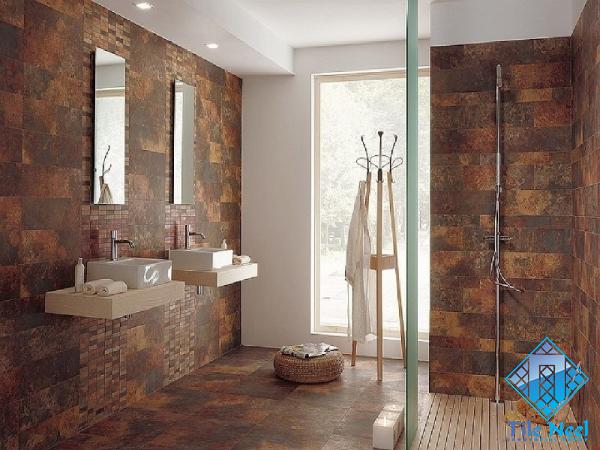 2. Water Resistance: Shower tiles must be able to withstand constant contact with water. Both ceramic and porcelain tiles have a dense surface that makes them naturally water-resistant. However, porcelain tiles offer a lower water absorption rate than ceramic tiles, making them less susceptible to water stains and mold growth. With proper grout sealing, both tile options can provide a reliable barrier against moisture penetration. 3. Design Options: Another crucial aspect to consider is the variety of design options available. Ceramic tiles offer a wide range of colors, patterns, and textures, allowing you to create a customized look for your shower.
2. Water Resistance: Shower tiles must be able to withstand constant contact with water. Both ceramic and porcelain tiles have a dense surface that makes them naturally water-resistant. However, porcelain tiles offer a lower water absorption rate than ceramic tiles, making them less susceptible to water stains and mold growth. With proper grout sealing, both tile options can provide a reliable barrier against moisture penetration. 3. Design Options: Another crucial aspect to consider is the variety of design options available. Ceramic tiles offer a wide range of colors, patterns, and textures, allowing you to create a customized look for your shower.
..
 On the other hand, porcelain tiles can imitate the appearance of natural stone, offering a more sophisticated and luxurious feel. Whether you prefer a sleek modern design or a rustic ambiance, both ceramic and porcelain tiles offer ample choices to suit your aesthetic preferences. 4. Cost: Cost is often a determining factor for many homeowners. Generally, ceramic tiles are more budget-friendly compared to porcelain tiles. This price difference can make ceramic tiles a more feasible option, especially for larger shower projects. However, it’s important to consider the long-term investment, as porcelain tiles’ durability and water resistance may outweigh the initial cost. 5. Maintenance: Maintaining your shower tiles is essential to ensure their longevity and aesthetic appeal. Ceramic tiles are relatively easy to clean, requiring routine maintenance with non-abrasive cleaners.
On the other hand, porcelain tiles can imitate the appearance of natural stone, offering a more sophisticated and luxurious feel. Whether you prefer a sleek modern design or a rustic ambiance, both ceramic and porcelain tiles offer ample choices to suit your aesthetic preferences. 4. Cost: Cost is often a determining factor for many homeowners. Generally, ceramic tiles are more budget-friendly compared to porcelain tiles. This price difference can make ceramic tiles a more feasible option, especially for larger shower projects. However, it’s important to consider the long-term investment, as porcelain tiles’ durability and water resistance may outweigh the initial cost. 5. Maintenance: Maintaining your shower tiles is essential to ensure their longevity and aesthetic appeal. Ceramic tiles are relatively easy to clean, requiring routine maintenance with non-abrasive cleaners.
…
 Porcelain tiles, with their low water absorption rate, are more resistant to staining and are generally easier to clean. Both options may benefit from periodic resealing to maintain their water resistance and prevent grout discoloration. Conclusion: Choosing between ceramic tile and porcelain tile for your shower involves weighing the various factors discussed above. While ceramic tiles offer a more affordable option with a wide range of design choices, porcelain tiles provide superior durability and water resistance. Ultimately, your decision will depend on your budget, design preferences, and your desired level of maintenance. Regardless of your choice, both ceramic and porcelain tiles can transform your shower into a stylish and functional oasis.
Porcelain tiles, with their low water absorption rate, are more resistant to staining and are generally easier to clean. Both options may benefit from periodic resealing to maintain their water resistance and prevent grout discoloration. Conclusion: Choosing between ceramic tile and porcelain tile for your shower involves weighing the various factors discussed above. While ceramic tiles offer a more affordable option with a wide range of design choices, porcelain tiles provide superior durability and water resistance. Ultimately, your decision will depend on your budget, design preferences, and your desired level of maintenance. Regardless of your choice, both ceramic and porcelain tiles can transform your shower into a stylish and functional oasis.
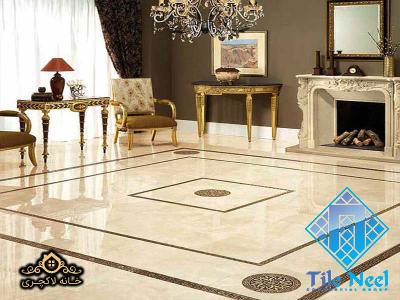
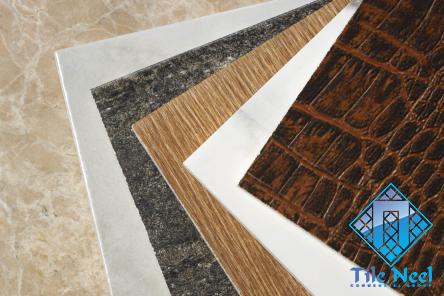
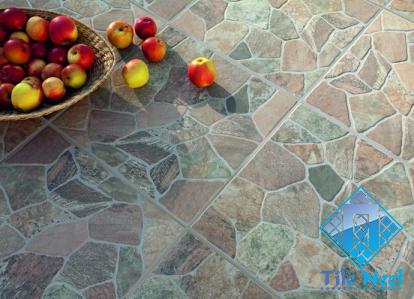
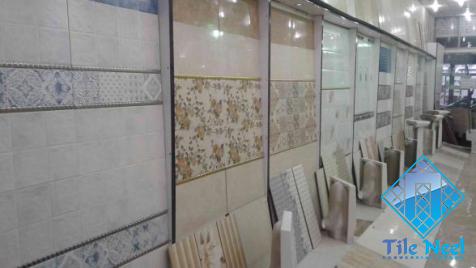
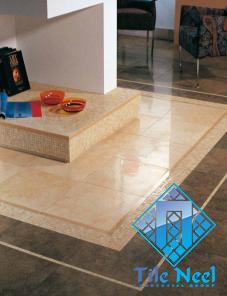

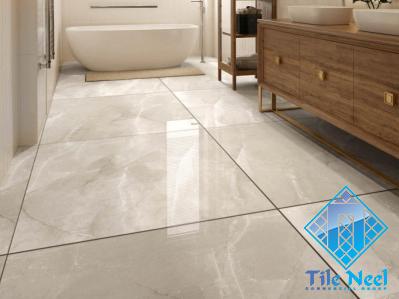
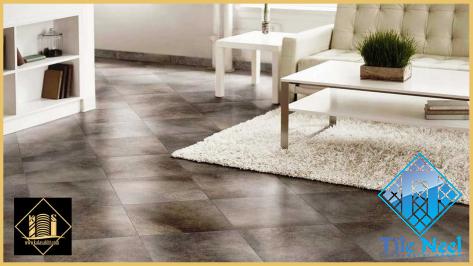
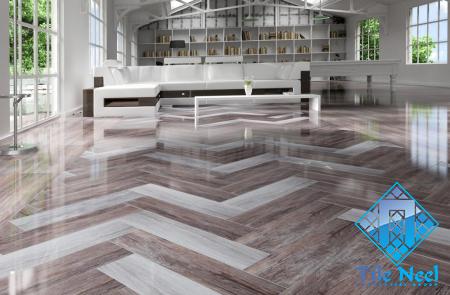
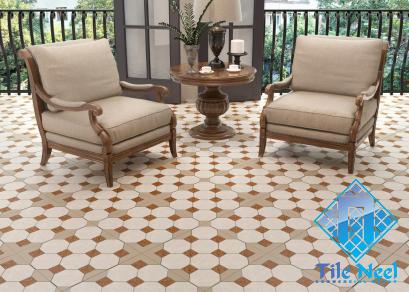
Your comment submitted.